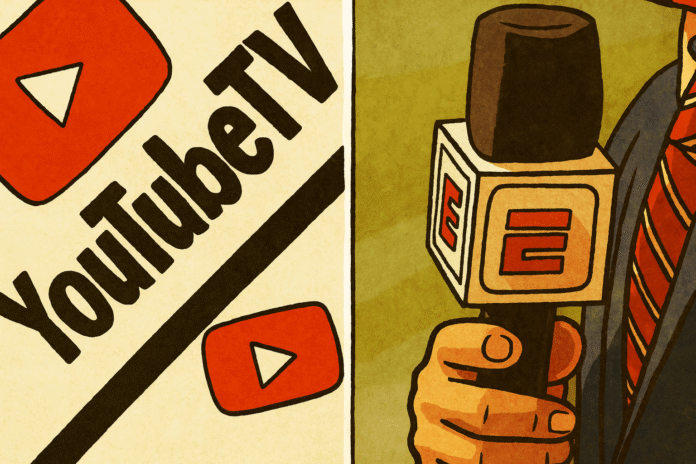
|
Getting your Trinity Audio player ready...
|
The BBC’s recent apology to President Donald Trump was never going to be enough — and anyone expecting it to stop his threatened lawsuit underestimated the situation entirely.
From the moment the Panorama scandal broke, it became clear the BBC had mishandled not only the edit in question, but also its response. Now, after years of treating itself as the global standard of impartial journalism, the corporation is staring down a high-stakes legal battle with a President who refuses to let media manipulation go unchallenged.
Trump: “They changed the words coming out of my mouth.”
President Trump has made it clear that the BBC’s edit was not a trivial mistake. He insists that Panorama stitched together two clips of his speech, altering the meaning and presenting him inaccurately — a move he described as “egregious.”
The BBC now claims the edit was “unintentional,” but Trump isn’t convinced. During his latest remarks aboard Air Force One, he announced that damages sought may range between $1bn and $5bn — a staggering figure, but one he insists reflects the gravity of falsifying a sitting (and now elected again) President’s words.
For context, the BBC’s entire licence fee income last year was £3.8bn. Trump’s lawsuit, therefore, isn’t just financial — it strikes at the very foundations of the BBC’s credibility and survival.
The BBC’s Defence Falls Flat
The BBC insists the Panorama programme never aired in the United States and therefore could not have harmed Trump. But this argument overlooks a fundamental truth:
the BBC influences global perception, and distorted reporting from such an institution reverberates far beyond UK borders.
If one of the world’s most recognised broadcasters misrepresents a President, the damage is international — and Trump’s team knows it.
A Crisis the BBC Could Have Easily Avoided
Industry insiders say the BBC could have contained this crisis by immediately admitting the mistake and issuing a transparent correction. Instead, it hesitated, minimized the issue, and allowed mistrust to grow.
Now, with leadership resignations piling up and a lawsuit looming, the BBC finds itself scrambling.
One former BBC executive admitted that refusing compensation was “the right call” — but also warned the corporation will “need the best lawyers in Florida” if Trump proceeds.
Legal Battle Comes at the Worst Time for the BBC
The BBC is already neck-deep in internal turmoil:
- The Director-General has resigned
- Senior leadership is fractured
- Trust is declining
- Charter renewal — the BBC’s survival blueprint — is approaching
- Political pressure from both UK and US sides is intensifying
Instead of focusing on rebuilding trust and preparing for charter negotiations, the BBC must now divert its top minds to preparing for a potential multi-year legal war.
Could the UK Government Step In?
Some believe the UK government may attempt back-channel diplomacy to cool tensions. Could Prime Minister Keir Starmer call Trump privately? Possibly — but whether he would risk political capital to shield a broadcaster that mishandled such a sensitive issue is unclear.
Culture Secretary Lisa Nandy did praise the BBC publicly, calling it a trusted “light on the hill.”
Trump, however, has repeatedly referred to the BBC as “worse than fake news.”
The gap between those perspectives has never been wider.
The Fight Has Just Begun
This legal showdown is no longer about a single documentary edit. It is about:
- Media accountability
- Institutional bias
- Transparency in journalism
- The right of public figures to defend themselves from distortion
Trump has signalled he will not back down.
The BBC insists it won’t pay.
A political, legal, and cultural battle is now underway — and the President is entering it with full force.
